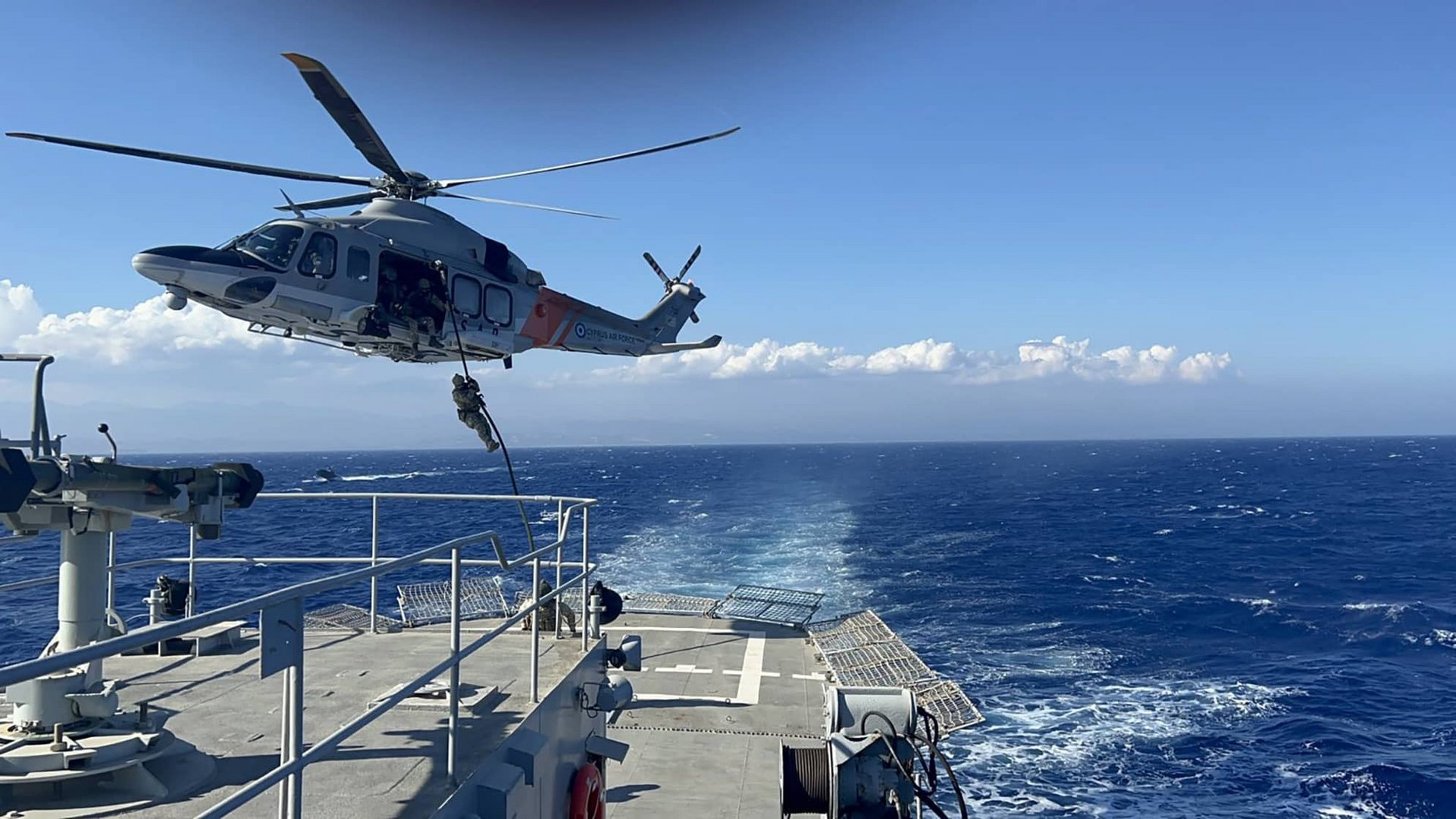Cyprus is turning to the west to renew its air defence systems, a senior government source said on Thursday.
The source told Reuters the country is “turning to other countries of the European Union, as well as Israel” as it seeks to replace older military hardware which had been supplied by Russia.
“As part of that, efforts are underway to upgrade our anti-aircraft umbrella,” the source added.
Cyprus’ National Guard had suffered from sanctions placed on Russia in the aftermath of the country’s invasion of Ukraine in 2022.
Russia had previously been a leading supplier of military hardware to the National Guard, but Cyprus’ reorientation towards the west had already begun to have a detrimental impact on that infrastructure even before a blanket ban was placed on Russian military hardware exports two years ago.
As such, the source said, those sanctions have left Cyprus’ existing defence systems short of spare parts and mean that they cannot be upgraded, meaning that new hardware is being sought from western countries instead.
This includes a much-rumoured “iron dome-type” system, which will protect the island from missiles and other aerial threats. The system will not be an exact replica of the Israeli iron dome, however, consisting of hardware supplied from the US and the EU, among others, as well as Israeli technology.
Earlier on Thursday, President Nikos Christodoulides had said his government is taking “specific actions, in particular with the United States, to strengthen the National Guard”, though he also lamented the fact that Cyprus cannot currently join Nato, saying this fact is “preventing the National Guard from being strengthened even further”.
However, like his Defence Minister Vasilis Palmas on Wednesday, he was coy when discussing whether or not Cyprus has bought “iron dome-type” hardware to protect itself from missiles.
“I will make absolutely no statement on the substance of the moves we are making to strengthen the Republic of Cyprus’ deterrent power. All I can say is that we will do and we are doing everything necessary to strengthen the Republic of Cyprus’ deterrent power,” he said.
On Wednesday, Palmas had said “we always avoid commenting on many issues related to this”, adding, “we work hard, we work tirelessly, and we say very little.”
“The National Guard is always on alert, and the reason for that is that for 50 years, there have been 40,000 troops in Cyprus. At the same time, it is also on alert because the region is in a state of constant and prolonged instability and therefore, we have a duty and obligation to ensure the security of the Republic of Cyprus’ public,” he added.
Rumours of Cyprus buying a variant of Israel’s “iron dome” first surfaced in 2021, with some news outlets now reporting that the process of the technology’s acquisition has now been completed.
The rumours of a Cypriot iron dome resurfaced after Greek Defence Minister Nikos Dendias told his country’s parliament last month that his ministry had created a “coherent and comprehensive air defence plan”.
These systems include an anti-drone system as well as anti-aircraft weapons which will reportedly be able to deal with short, medium, and long-range threats.
In Greece, the creation of an “iron dome” has gone hand in hand with the establishment of the Hellenic Centre for Defence Innovation (HCDI), which, Dendias said, will “bring the needs of the armed forces into contact with the defence innovation environment which exists in Greece”.
“The small ecosystem of high-tech defence companies will cooperate with similar ecosystems in other countries,” he said.
He added that the development of the ‘Centaur’ anti-drone system was the HCDI’s “first great success”, after it was attached to a frigate which was deployed to the Red Sea as part of a Nato mission and shot down two drones fired by the Houthi movement from Yemen.
As such, he said, all Greek frigates will now be equipped with ‘Centaur’ technology.







Click here to change your cookie preferences